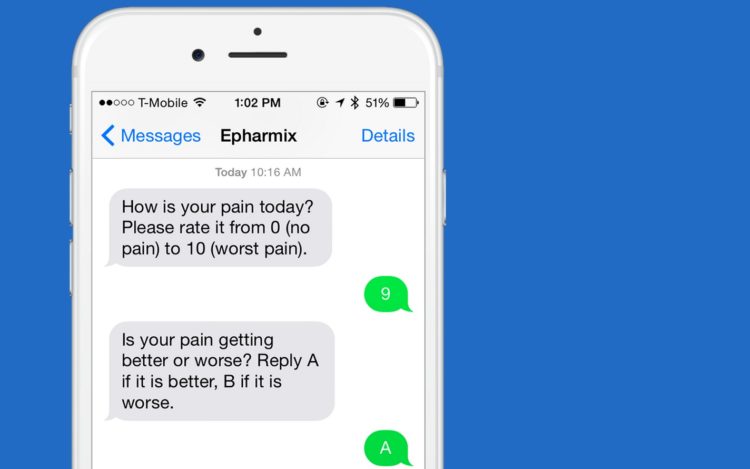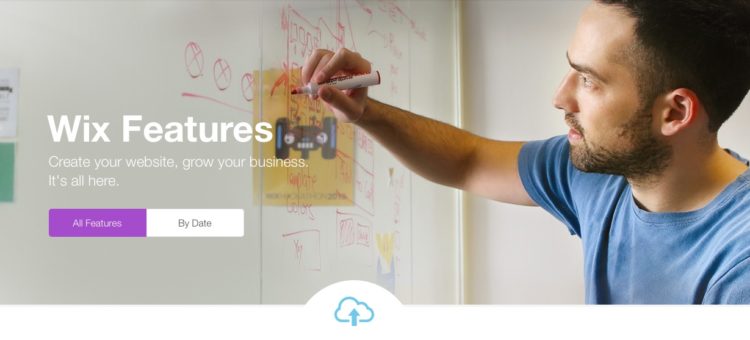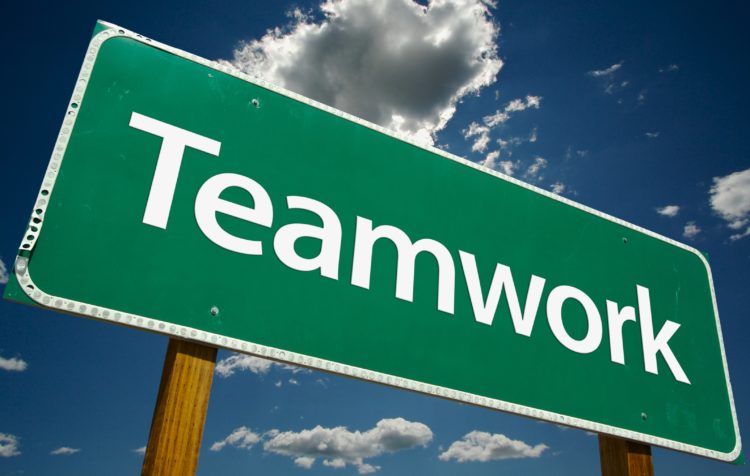Before this summer I had no clue what a minimum viable product (MVP) was, let alone how to create one for a potential startup company. While we were not able to execute these proposed ideas, it felt as if we were when presenting our ideas to the rest of the class.
Guest blogger: Marni is a sophomore at WashU
The lecture began by watching a video that served as the MVP for the startup turned into the well known company Dropbox. A short video, lasting about five minutes, was the first release of their product and was used to gauge whether there was any interest or need for a cloud-like storage system. It was amazing to watch a video which did not even prove the company had created the technology. Even knowing this, watching the video still made me want to use the product. The main goal of an MVP, we learned, was to see if there is a need for your product and if customers are willing to pay money to implement this product into their lives.
Having Zell applicants help us with this MVP was very beneficial since they had done a similar project during the application process to the program. They really made us focus on what would be the key metrics we would measure and which type of MVP would be the most beneficial for our product.
We ultimately decided on a “Wizard of Oz” MVP in which a website acts as the app and we are organizing all the tasks and sending out reminders by hand acting as the “man behind the curtain.” The goal of our MVP is to learn which features presidents of groups think should be added and how the task management was affected using our product vs. not using our product. We were able to use Wix.com which allowed us to create a website that resembles what we pictured our app to look like. It was really cool to be able to come up with a way to test this product’s validity in the market without really knowing how to code an app.








